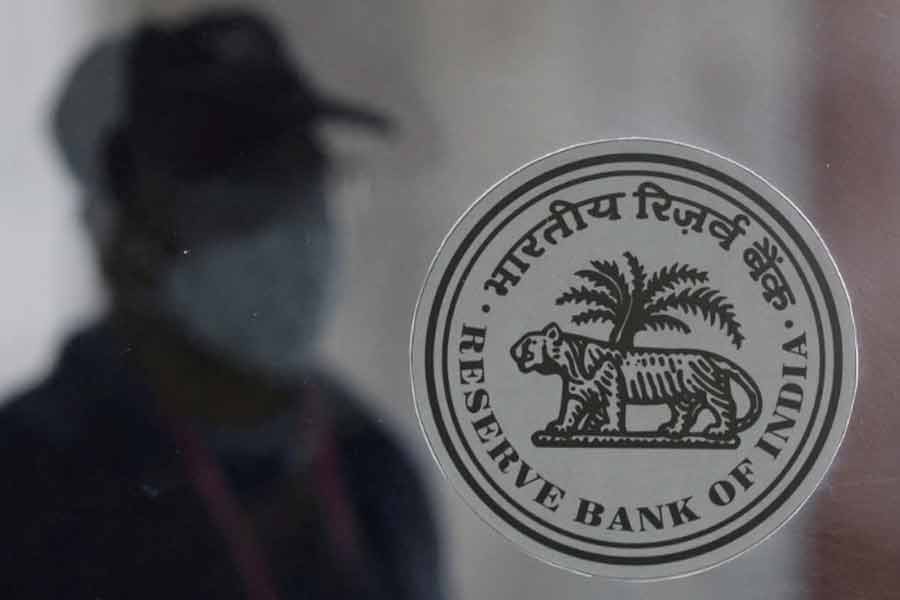The Reserve Bank of India will soon commence limited pilot launches of a central bank-backed digital rupee for specific use cases, it said in a concept paper released on Friday.
According to Reuters, the RBI has been exploring the pros and cons of a central bank digital currency for some time and is working towards a strategy to implement it in a phased manner, it said.
Use cases are being examined for an e-rupee in a way that it is minimal or no disruption to the financial system, the RBI added.
In February, the Indian government had said that a digital rupee will be launched during the course of this financial year.
The discussion around a central bank-led digital currency has gained traction across a number of countries as cryptocurrencies became popular.
"It is the responsibility of the central bank to provide its citizens with a risk-free central bank digital money which will provide the users the same experience of dealing in currency in digital form, without any risks associated with private cryptocurrencies," the RBI said.
The bank also indicated that it may consider both retail and wholesale digital currency, saying there is merit in both.
In its wholesale form, a digital currency could make settlement systems more efficient and secure, said RBI, while a retail e-rupee would offer safer means of digital payment for citizens.
The digital rupee seeks to replicate the features of cash and hence would not pay out interest, unlike bank deposits. It would also provide "reasonable anonymity for small value transactions akin to anonymity associated with physical cash," the RBI said.
The RBI could consider a "token-based" retail central bank digital currency (CBDC) since they are comparable to cash, while a wholesale CBDC could be "account-based."
Further, the e-rupee could be issued via banks as intermediaries, the RBI said. The central bank remains open to different technology options, it added.
The results of the pilot projects will be incorporated into the final design, according to the concept paper.
"A CBDC is aimed to complement, rather than replace, current forms of money and is envisaged to provide an additional payment avenue to users, not to replace the existing payment systems," the bank said.


